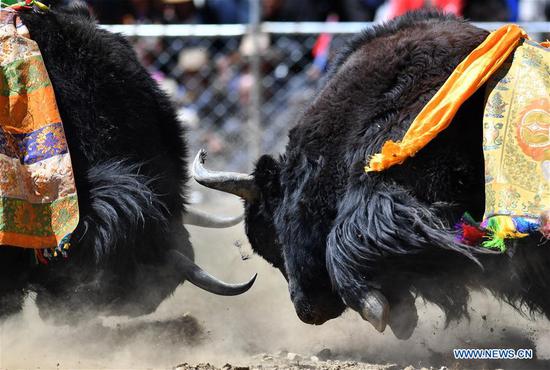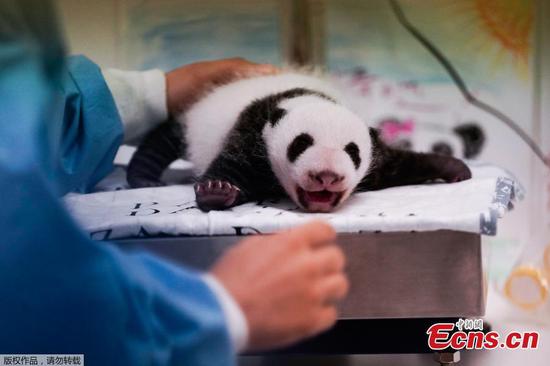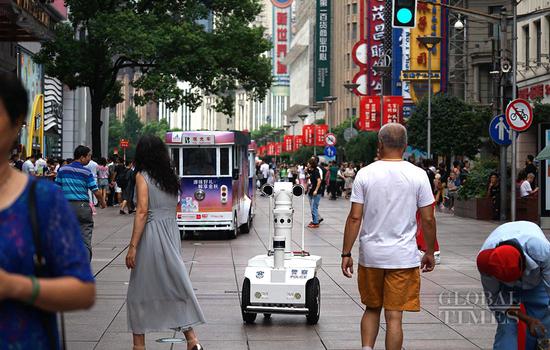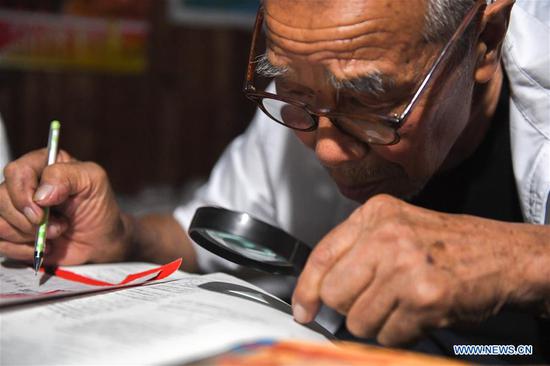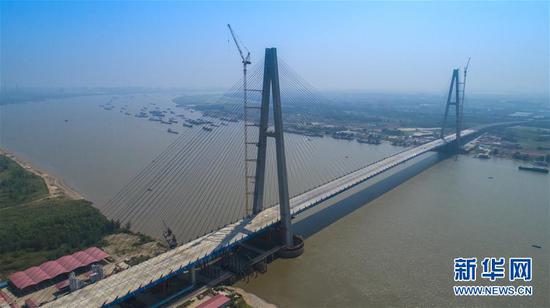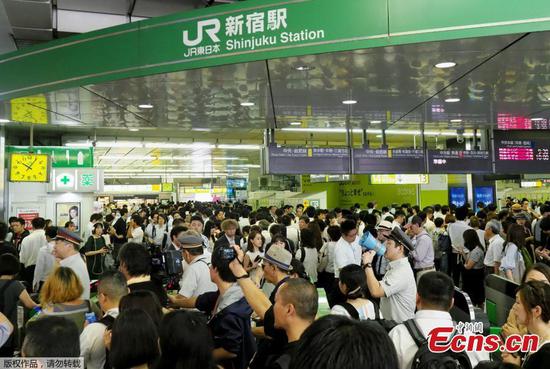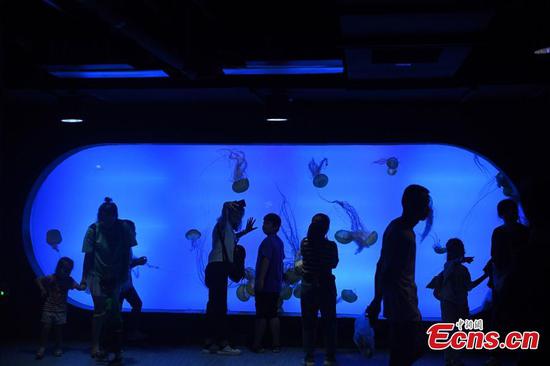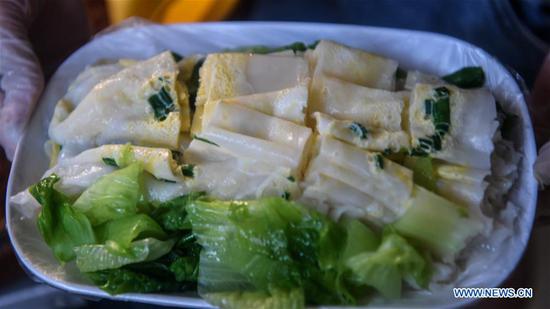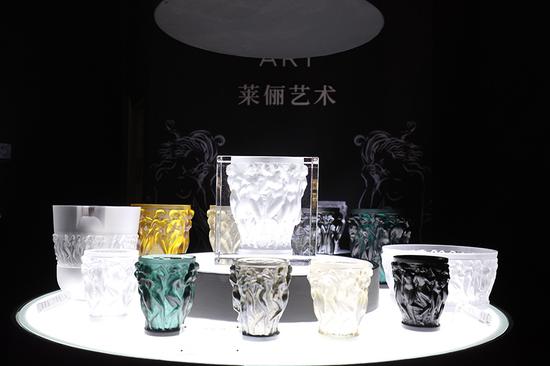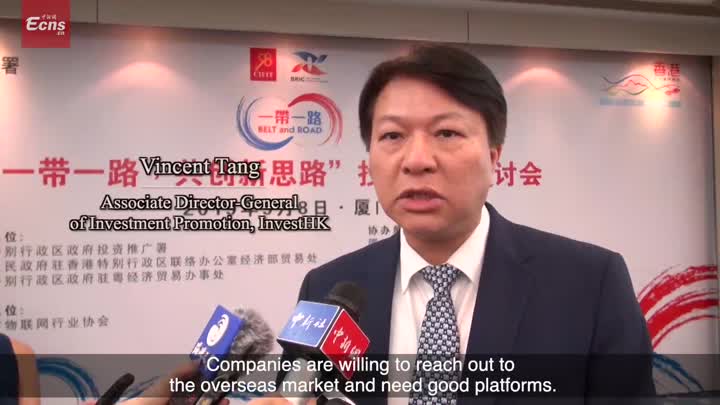China's consumer price index, the main gauge of inflation, rose by 2.8 percent year-on-year in August, the National Bureau of Statistics said on Tuesday. Analysts said the index may continue to edge up in the coming months, but the average reading for the whole year is expected to remain mild.
They also said that the producer price index, which measures the cost of goods at the factory gate, dropped 0.8 percent year-on-year in August mainly as a result of high bases of comparison from last year.
The comparatively high reading was driven mainly by food prices, which increased by 10 percent year-on-year last month, up from 9.1 percent in July, while nonfood prices rose by 1.1 percent, 0.2 percentage points lower than in July.
Due to reduced supply as a result of African swine fever, pork prices surged by 46.7 percent year-on-year in August, compared with 27 percent in July, contributing 1.08 percentage points of the overall CPI growth.
Fruit prices jumped by 24 percent in August over a year ago, contributing 0.39 percentage point of overall CPI increase.
The current inflation level remains mild, according to a research note by Huatai Securities. "Pork prices rose strongly recently, but price rise pressure from other items is not significant, and the overall inflationary pressure remains controllable," the note says.
Pork prices are expected to continue to rise in the coming months, and if food prices do not fall significantly, the CPI may hit 3 percent as early as in September, said Deng Haiqing, an economist and visiting professor at Renmin University of China.
China has set an inflation control target of 3 percent for this year. But even if it reached 3 percent in September, the average reading for the whole year would still be lower than 3 percent given the lower readings in previous months. Moreover, core inflation, which excludes highly volatile energy and food prices, remains stable at low levels, making it almost impossible for authorities to tighten monetary policy, analysts said.
Deng also said that the falling producer price index in August does not indicate an economic downturn since it has been caused by high bases of comparison.
The comparison bases were high from May to October last year, driving down PPI readings for corresponding months this year. Starting in November, the base effect is expected to be phased out, he said.
On Friday, the People's Bank of China, the central bank, cut banks' reserve requirement ratio to inject liquidity into the market through increasing lending. Analysts generally expected it to cut some of its key lending rates next week to reduce corporate borrowing costs.










